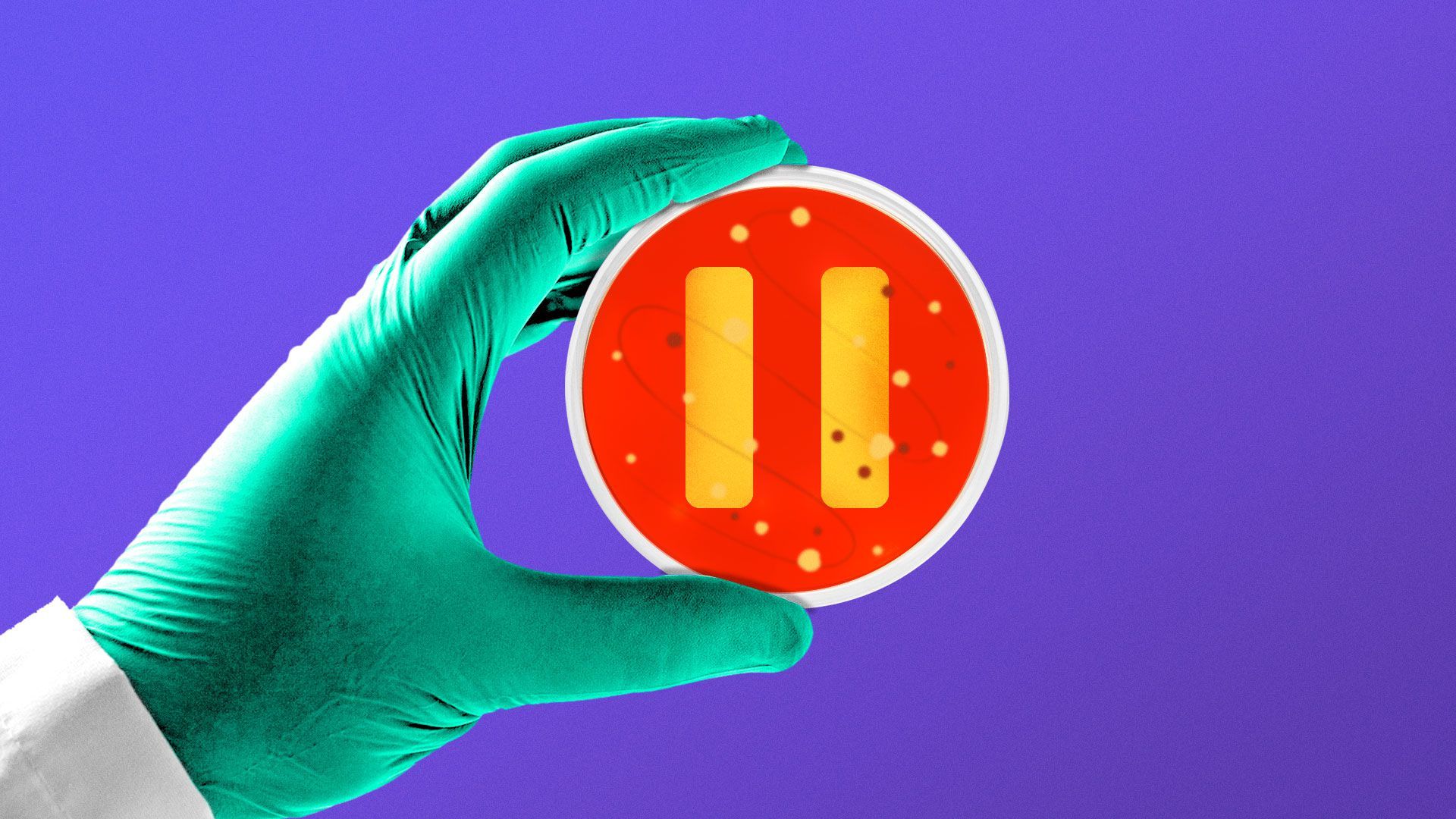Scientists pause their work in order to highlight racism in academia
Add Axios as your preferred source to
see more of our stories on Google.

Illustration: Eniola Odetunde/Axios
Scientists, students, professors and researchers paused their work Wednesday to highlight the racism faced by black people in academia.
The big picture: Discrimination, racism and a lack of diversity within STEM fields have been documented for years. There has been some progress, but it remains a problem: 76% of college faculty members were white in 2017.
What's happening: The strike, galvanized by the death of George Floyd and others at the hands of police, is resurfacing barriers that have kept black people underrepresented within science for decades.
- "Every time one of us is rejected, beat down, dismissed, ridiculed, or murdered, I question why I am still in academia. This means I ask myself this question every day, many times a day. I love science, but justice is more important. And yet, it never comes," scientist Cassandra Extavour wrote in a series of tweets.
"Demands for justice have been met with gradualism and tokenism, as well as diversity and inclusion initiatives that — while sometimes well-intentioned — have had little meaningful impact on the lived experiences of black students, staff, researchers, and faculty."— Particles for Justice
Details: Prominent scientific institutions participated in and supported the strike, including the American Astronomical Society, preprint service ArXiv.org, the American Geophysical Union and others.
- Universities have engaged with discussions of systemic issues in the past by hosting seminars and trainings, but those organizing the academic shutdown are calling on departments and laboratories to do more.
- Some researchers are asking university officials to spend time listening to how their students and faculty are affected by racism within academia and focus efforts on breaking down the systemic barriers that perpetuate it within the institution.
- Organizations have released specific action plans to follow up on the strike. For example, the Ordovas-Montanes lab at Boston Children’s Hospital has committed to holding its researchers, students and staff — especially those in leadership roles — "measurably accountable for promoting diversity," as well as other specific actions.
The bottom line: Scientists backing the strike hope it's just the start of a reckoning within academia that will help transform it into a new, more inclusive space for black researchers and other people of color.
- "The first step is for science and scientists to say out loud that they have benefited from, and failed to acknowledge, white supremacy," Science editor-in-chief H. Holden Thorp wrote in an editorial.
